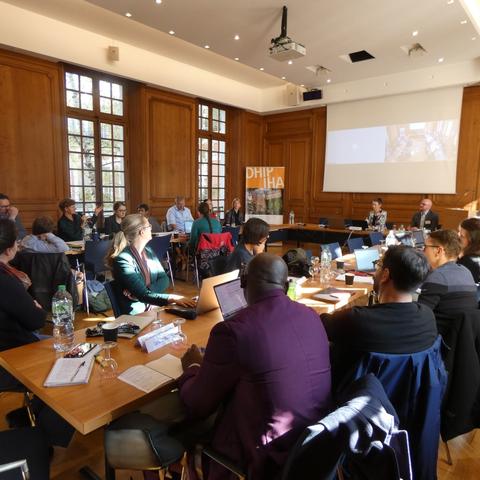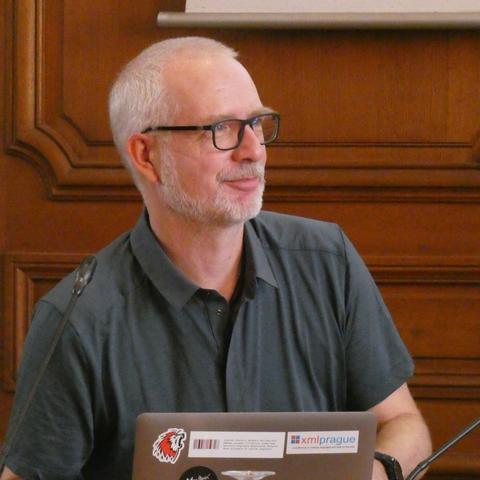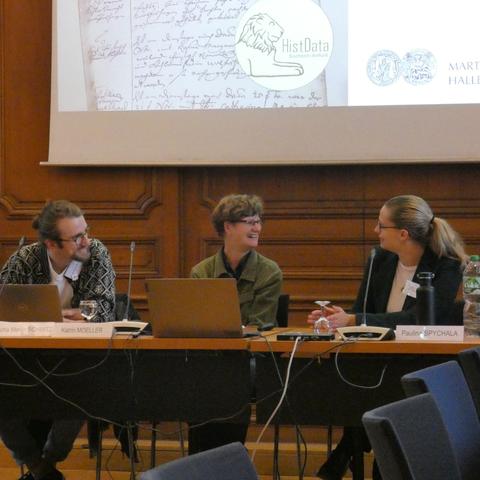"Revolutionary, Disruptive, or Just Repeating Itself?" – #dhiha9 brought together 50+ scholars in Paris to explore the past, present & future of #DigitalHistory 💻 We discussed definitions, ethics, power structures & teaching methods for digital historical research.
Read the interviews with Jane Winters, Torsten Hiltmann, Judith Zimmermann & Edgar Lejeune in English, German or French:
https://dhdhi.hypotheses.org/10825



